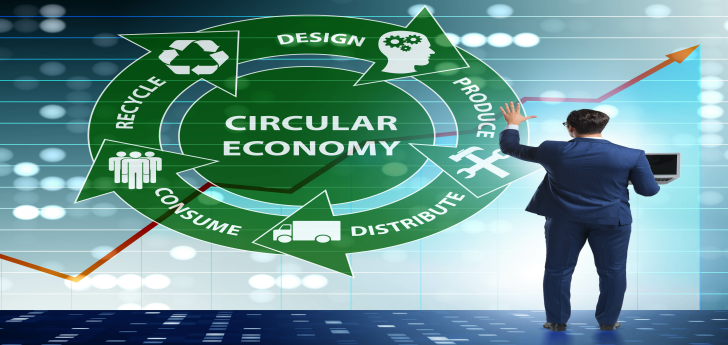
Hydronaturals is dedicated to educating the world about living green and sustainably. Visit our website for more information and resources.
Smart Tips on Starting a Sustainable Business
Today's consumers demand more from the companies they do business with. It's not enough to deliver a great product at a good price. Customers want responsible, sustainable business practices that show your business is looking out for more than your own bottom line.
As a business owner, meeting those expectations presents challenges. Environmentally friendly products sometimes come at a higher price point than conventional options, thereby increasing the costs of doing business. However, businesses that cut corners may find it difficult to attract and retain customers who place a high premium on transparency.
Initial Setup
Before your launch, there are several critical steps to take before you even point your efforts toward environmentally friendly practices. Setting up a business plan should be your first step, and you can actually put together a green plan that aligns with your business approach. If you’re not bootstrapping, finding funding will be your next step, and there are several options for businesses with sustainability in mind. Finally, putting efficient business solutions in place, such as direct depositing payroll for employees, is an essential first step. This way, you can simplify tasks like processing payroll and same-day direct deposit.
What Do Consumers Want?
Research by CGS reveals that in 2019, 68 percent of consumers in Generation Z are willing to pay more for a product when it was produced by a socially responsible business. That's a higher proportion of ethical consumers than any other time in history. For businesses that are starting now or deciding their next move, that means adopting sustainable practices is more than a feel-good practice — it's a savvy business move.
What Makes a Business Environmentally Sustainable?
Shoppers who support sustainable businesses seek companies with the following practices:
Low-Emissions Transportation
Distribution and transportation represent a significant opportunity for companies to reduce their carbon footprint. By purchasing locally sourced materials, your business can significantly shrink its environmental impact while also increasing quality control and supply chain transparency.
Unfortunately, local sourcing isn't possible for all materials. However, businesses can still demonstrate a commitment to low-emissions transportation by purchasing green vehicles for their company. With an ever-growing market for hybrid and electric vehicles, it's easier and more affordable than ever for companies to opt for energy-efficient vehicles. This is especially true when you include pre-owned vehicles in your search.
Sustainable Supply Chain
Consumers don't just want to know how your company operates, they also want to understand where your business stands within the larger system. Companies who tout sustainable practices but source raw materials from companies and countries with questionable practices are likely to be scrutinized by discerning consumers.
As you select suppliers for your business, don't blindly choose the lowest bidder. To create trust with your customers, you must carefully vet suppliers to exclude companies whose business and labor practices don't match your company's values. APQC’s membership is one tool that can help you scrutinize your supply chain. Supply Chain Minded also recommends businesses write supplier contracts that incentivize sustainability improvements.
Environmentally-Friendly Packaging
Consumers are shying away from plastic packaging - opting instead for companies that offer low- or no-waste packaging, biodegradable materials, and packaging made from recycled materials. Because packaging is a highly visible part of your business, eco-friendly packaging is also an excellent opportunity to signal to shoppers that your company cares about sustainability.
After reading this, you might be thinking that adopting a sustainable business model is too complicated and expensive, especially when compared to the traditional approach that emphasizes profits over all else. While it's true that designing a sustainable business requires more research in the start-up phase, that doesn't mean it's not a smart business move. A green approach to business not only reduces your company's environmental impact, but it also makes your business more attractive to today's discerning consumers. As a result, you create a company with a strong public image that attracts customers willing to pay top dollar for high-quality, environmentally friendly products that reflect their personal values.

